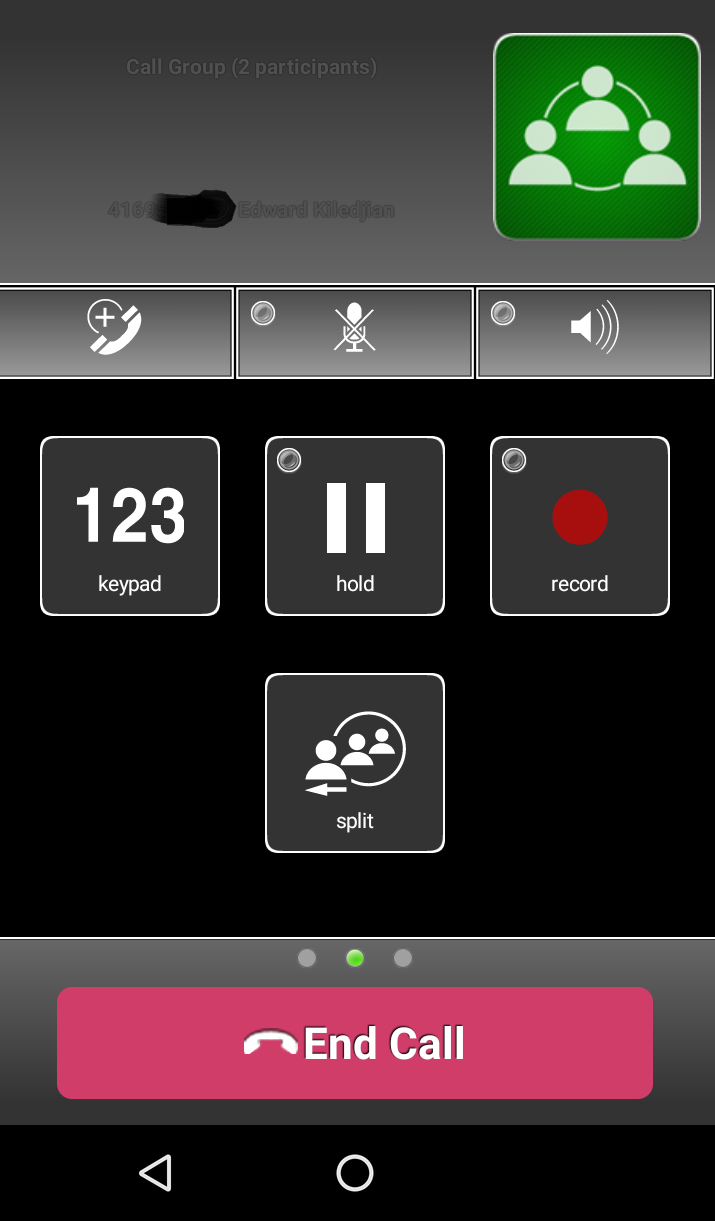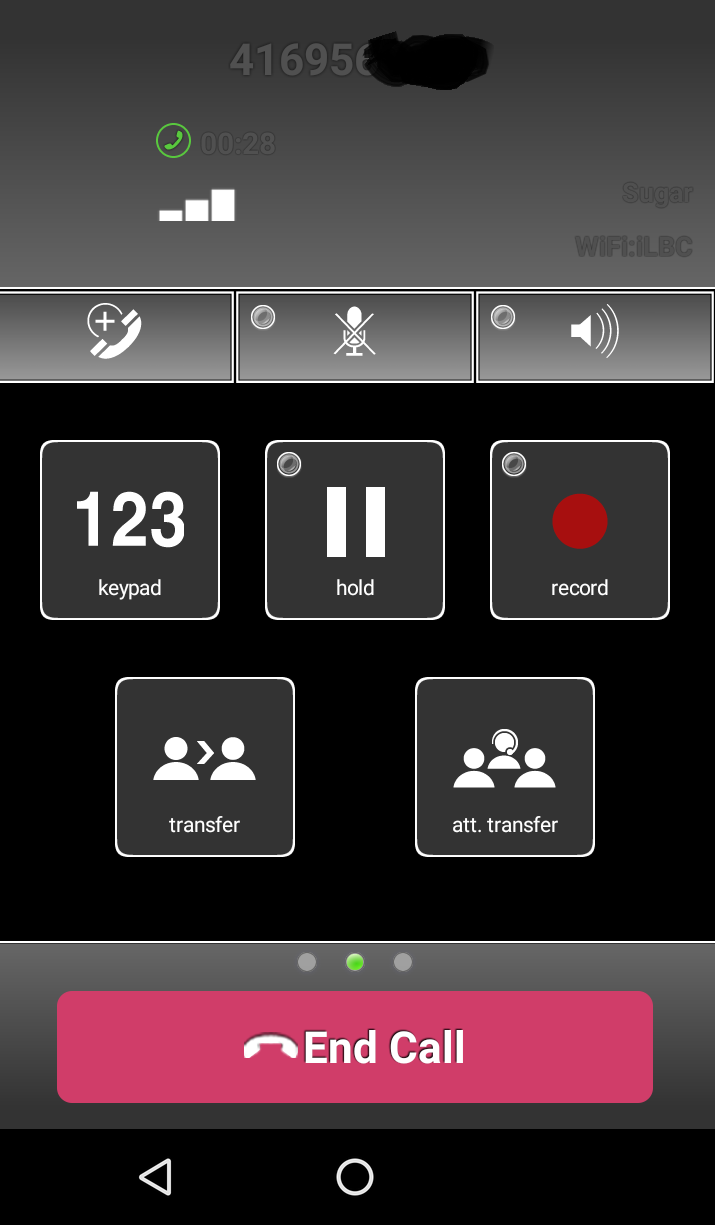As a Canadian, I wish we had more mobile phone competition to fuel innovation and drive down prices. Starting a new cell phone provider is expensive. You need licenses, towers and lots of equipment & people.
Sugar Mobile is a Canadian mobile phone competitor that wants to use VOIP technology to "disrupt the mobile marketplace". Sugar Mobile leverages the VOIP infrastructure of its parent company Iristel and the cell phone roaming agreements of sister company Ice Wireless.
The claim to fame is unlimited North American VOIP calling for $19 a month (which includes 200MB a month of 3G data anywhere in North America). If you use it at home, in the office and coffee shop, you leverage existing WIFI. Anytime you are out an about, your cell uses one of the roaming partners to give you coverage. If you deplete your data allocation for the month, you can buy another $19 card and re-add 200MB or you can use your $19 credit to add 500MB of non expiring data.
Sugar Mobile uses Shoppers DrugMart (Pharmaprix in Quebec) and 7-11 stores accross Canada to sell its credit vouchers.
How does it work
Unlike US hybrid carriers, Sugar does not offer specially configured mobile phones so you use their service on your unlocked phone via their app. This means you can't use the built in dialer or SMS app on your phone. The app first tries connecting via WIFI then fails back to the cell phone network (you can change this behavior if you want).
Think of Sugar Sync of a amped up Skype or Vyber. Where Skype and Vyber rely on the user to buy mobile data, Sugar leverages its existing relationships with carriers like Rogers to bundle VOIP calling with mobile data.
The mobile data is too small to stream content, browse data heavy webpages or use navigation regularly. It is enough however (the company believes) to give 80% of its customers more than enough wireless data to make calls until the cows come home.
If you want voicemail and caller ID, you need to pay a one time $19 activation fee.
The app
Considering Sugar Mobile is targeting younger cost conscious pre-paid customers, I chose to conduct my tests on a 2015 Motorola Moto G (which is an entry level Android device which sells for $300 unlocked).
The app installation was fast and easy from the Google Play store and creating my free WIFI only test account took 5 minutes. The app is stable and never crashed during my testing. Any calls made to my Sugar Mobile number reliably rang my phone and allowed me to answer it.
Setting up a conference call is easy and reliable. You dial the second participant, click the join button and voila.
You also have a big red record button.
In the app, you can change these recording settings:
- ask the service to record All voip calls
- you can record multi-channel audio (each participant has their own channel in the WAV file)
- you can choose to have recordings auto-deleted after an elapsed time
- you can ask the app to make an audible beep when recording is started
- you can send recordings via email.
Does it work?
I loaded up the free VOIP only version on a dedicated Android 2015 Motorola Moto G device (freshly installed Android 6 with no other apps). I loaded and configured the Sugar Mobile app and tested it on a commercial grade internet connection with commercial wireless Cisco gear and a 100MB synchronous internet connection. I wanted to make sure my internet connection didn't introduce any issues.
Before testing Sugar Mobile, I ran a bunch of network tests to ensure the connection was stable, performing optimally and had sub 3 millisecond latency.
I tested the SMS feature and it worked flawlessly. Messages went back and forth quickly. SMS is easy.
I then made a handful of calls to landlines and cellphones. This is where I encountered the dreaded VOIP calling issues. Skype uses advanced codecs to create a beautiful natural sounding reliable connection (for voice at least). But Sugar Mobile was more like the traditional run of the mill Voip services like Fongo, Whatsapp, Facebook Messenger, Vyber, Telus Extend, etc.
Sometimes the other person heard me perfectly, other times they couldn't hear me at all. Sometimes the sound was crystal clear other times my partner said I sounded robotic.
Therein lies the issue with all VOIP providers. Quality isn't a constant. This isn't a Sugar Mobile issue and I experience worse performance from the Telus Extend VOIP app.
Conclusion
I think the concept is good and this makes a decent cheap second line as long as you have regular access to reliable WIFI and have an extra unlocked smartphone. $19 isn't too expensive considering you get 200MB of mobile 3G data a month to use when out and about. Unused data rolls over to the next month and you can always buy more data for $19/500MB.
I have to conduct some more tests but if I want to make a VOIP call and already have access to WIFI then I'll rely on Google Hangouts or Telus Extend (both free).
I just can't see me using Sugar Mobile as my primary mobile phone service.
Update 1
Shortly after publishing this article, I started having issues with the app. It started crashing and even after a fresh device reboot, I started having login issues (kept saying registering). After 4 reboot attempts, I gave up and uninstalled / reinstalled the app and it started working again.













